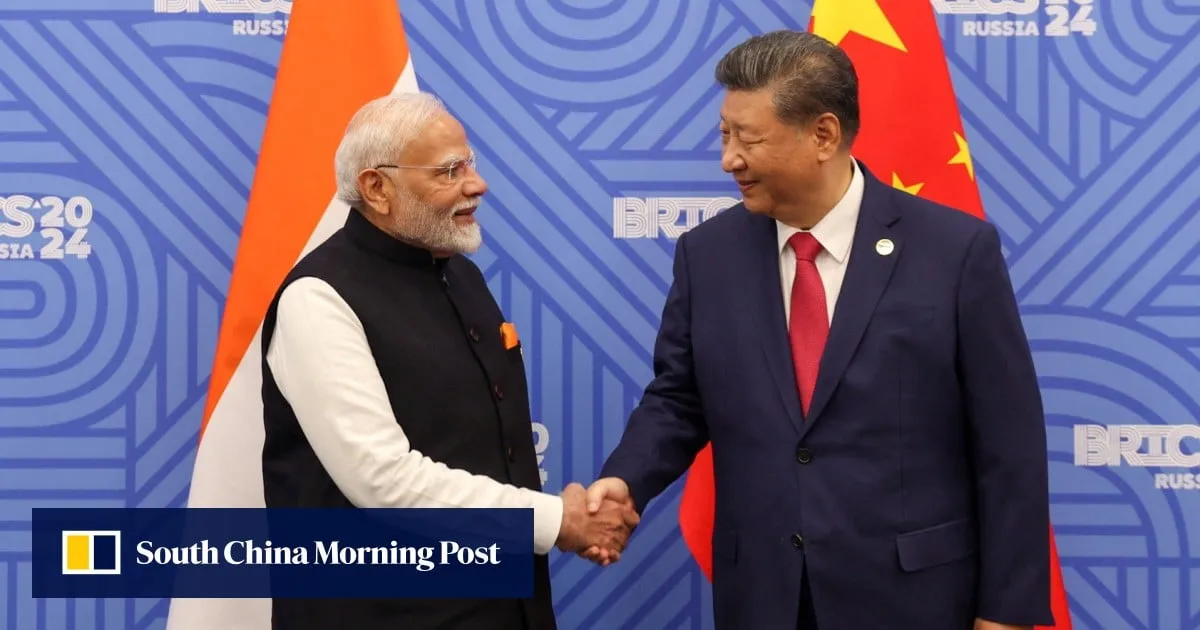India-China Relations: A Balance of Economic and Security Interests

Economic and Security Interests Drive India-China Thaw
India and China are making strides to enhance bilateral relations by resuming patrols and easing border restrictions. China’s Ministry of Foreign Affairs spokesman Lin Jian confirmed collaboration with New Delhi to implement these agreements. Experts like Saheli Chattaraj believe both nations are motivated to improve relations through peaceful political means.
Significance of the Bilateral Meetings
This diplomatic thaw follows a significant meeting between Narendra Modi and Xi Jinping at the BRICS summit in Kazan, Russia, marking their first in-person encounter since 2019. Both leaders emphasized mutual respect to achieve a stable relationship despite historical tensions.
- Galwan Valley Clash: Tensions flared after the 2020 clash, requiring new confidence-building measures.
- Economic Interdependence: Analysts argue that both nations’ economic interests necessitate resolving border issues.
- Trade Relations: India aims to address the significant trade deficit with China while fostering foreign direct investment.
Challenges and Future Direction
Rakesh Sharma highlights a prolonged effort to rebuild trust. New confidence-building measures (CBMs) will be key to a stable future, indicating that rebuilding will take time. M.S. Prathibha emphasizes China's focus on economic ties despite security tensions.
Conclusion: A Path Forward
These positive developments reflect a cautious optimism for the future of India-China relations. With economic factors at play, both nations recognize the necessity of collaboration despite underlying conflicts.
This article was prepared using information from open sources in accordance with the principles of Ethical Policy. The editorial team is not responsible for absolute accuracy, as it relies on data from the sources referenced.